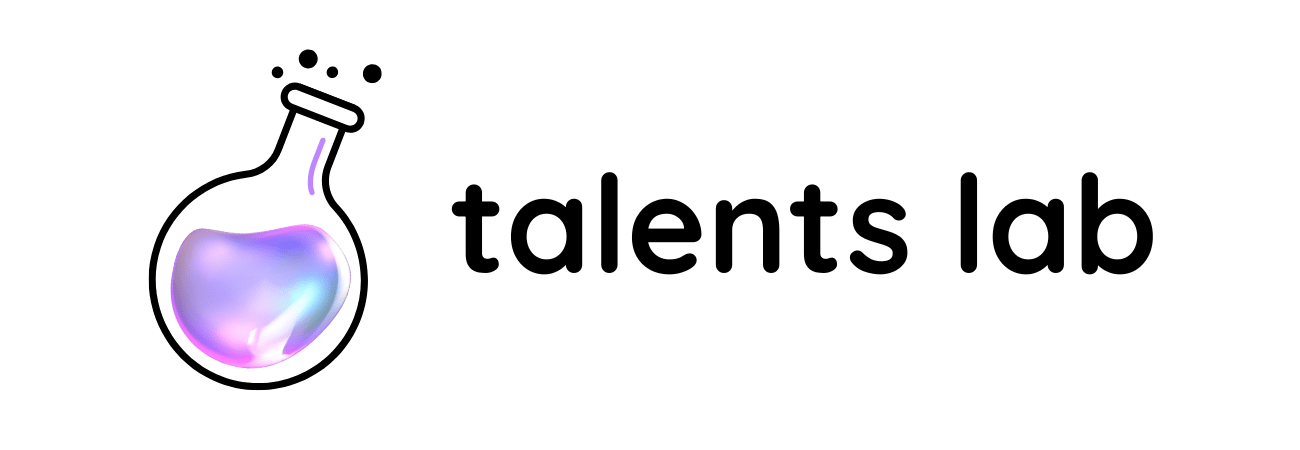We’ve all been there. You apply for a job that looks like a great fit. The company seems solid, the role is exciting, and you’re genuinely interested. Then the interview process starts, and suddenly, that excitement begins to fade.
Maybe it’s too long, stretched over several weeks with little communication. Maybe the people you speak to are unprepared or vague. Sometimes there’s no feedback at all, just silence. By the time it’s over, you’re not even sure you want the job anymore.
The truth is, the interview process says a lot about a company. It’s often the first real interaction someone has with your culture. It sets the tone. And candidates are paying attention.
First Impressions Aren’t Only for Candidates
One of the biggest mistakes companies make is treating interviews like a one-way assessment. But the best candidates are also evaluating you. They’re picking up on how decisions are made, how teams communicate, and how much respect is shown throughout the process.
If the process feels messy, disorganized, or unclear, they start to assume that’s what working at the company will feel like too.
What Candidates Notice in Your Interview Process
Candidates don’t need much to form an opinion. Some of the most common red flags include:
– Interviewers showing up late or unprepared
– No clarity about next steps or timelines
– Long silences between interviews
– Unreasonable or unpaid take-home tasks
– Lack of feedback after multiple rounds
These may seem like small things, but they create doubt. And that doubt often leads to withdrawal, rejection, or worse—candidates sharing negative impressions with others.
A Good Interview Process Builds Trust
So what does a strong interview process look like?
- Be Clear from the Start
Candidates should know what to expect. How many steps? Who will they be speaking with? What are the timelines? You don’t need to overshare, but even a simple outline builds confidence.
- Respect Everyone’s Time
Don’t stretch the process unnecessarily. Don’t assign take-home tasks unless they’re truly necessary, and always explain the purpose. And don’t disappear for weeks between steps. Keep communication steady and honest.
- Prepare Your Team
Interviewers should know who they’re meeting, why, and what they’re assessing. It sounds obvious, but it’s often missed. Being prepared shows professionalism and respect.
- Share Feedback
Even if it’s brief, closing the loop matters. Candidates appreciate knowing where they stand. Silence, on the other hand, leaves a lasting negative impression.
- Be Consistent
Treat every candidate with the same attention and fairness. If your process is great for one person and chaotic for another, word will get out.
Your Interview Process Is Part of Your Brand
In 2025, talent is more mobile, more connected, and more selective than ever. Candidates talk. They share experiences privately and publicly. A bad process won’t only cost you one hire. It will damage your reputation.
Your interview process is part of your employer brand. It shows how you make decisions, how you treat people, and what kind of culture you really have.
If your process feels rushed, inconsistent, or disorganized, that’s the impression candidates will walk away with. But if it feels clear, thoughtful, and human, you’re already building trust, before day one.
At talents lab, we help companies design interview processes that attract, not repel. Ones that reflect who you are and who you want to bring in. Because hiring is much more than filling a role. It’s about building relationships.
And those relationships start long before the contract is signed.




